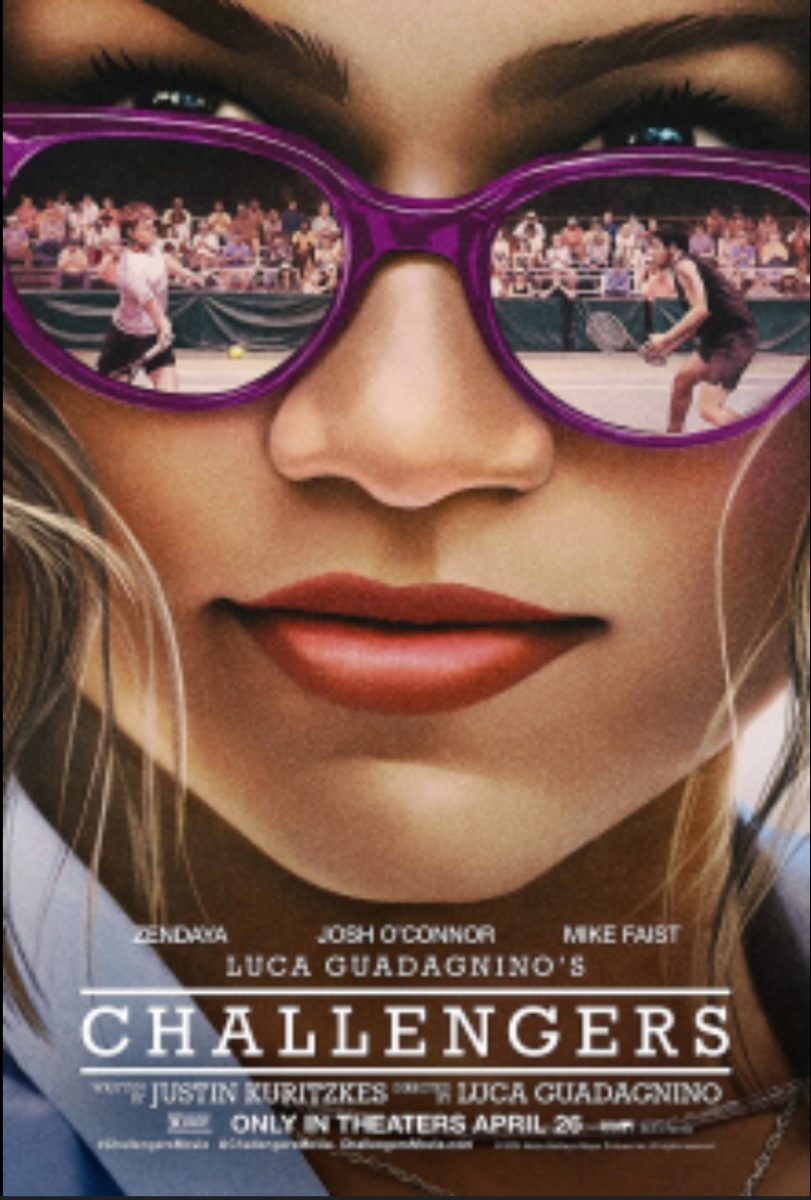
Since the release of its first movie in 2008, The Kung Fu Panda series has been one of DreamWorks’ most iconic franchises to date. It’s first movie is about a panda who fulfills his dream of becoming a Kung Fu Master. In the following years it was met with two more releases. Kung Fu Panda 2 was released in 2011, and was met with almost the same acclaim as the first one, being surprisingly emotionally mature. The third installment was released in 2016, and while it wasn’t as strong as the first 2, was overall a solid entry. When Kung Fu Panda 4 was announced to be released in 2024, some were excited for another release, while others had felt it was overstaying its welcome and a fourth movie was unnecessary. It was released to theaters in March 8, and was not met with nearly the same praise as the movies that came before it. Directed by Mike Mitchell, the movie was advertised as a love letter to the first films. However, these expectations have not been met in many critic’s eyes, despite being a hit in the box office.
The movie follows Po becoming a spiritual leader, and finding someone worthy enough to replace him as Dragon Warrior, something he isn’t too thrilled about at the start. The villain of the movie is The Chameleon, someone who can shapeshift into anything and can conjure other villains from Po’s past. While this was an interesting set up for a character, she ends up never having an intimidating presence. Po teams up with Zhen, voiced by Awkwafina, to defeat The Chameleon. A lot of the movie is spent on the development of their relationship, which lacks any chemistry and feels mostly charmless. The theme of the movie is learning how to change and move on, which felt weak and not very well thought out, considering it was a similar theme to the third movie. The characters in general are very underutilized and not memorable. It had the building blocks to be a decent story, but just wasn’t expanded on, leading to moments that fall short.
The pacing of the movie was all over the place. It felt as though there were prolonging, static action-based scenes to make up for the lack of plot to the film itself. Although action montage scenes obviously can be used to extend upon parts of the plot, here, they fell flat in regards to the creative fluidity of the beginning films. In previous Kung Fu Panda movies, the fights sprinkled remnants of many real martial arts forms across the fights, capitalizing on heavy stakes in each and every character’s movements. Whereas here, there were dragged out scenes that felt like a weird mix of both low stakes and supposed to be serious atmosphere, which ended up feeling like a confusing, uninteresting filler portion of the movie. There is a noticeable lack of tension as well. None of these scenes needed to be as long as they were, since they weren’t as creatively choreographed or engaging.
Sadly, the final product is just generic, and considered by most to be the weakest in the bunch. Not a bad movie, just a mediocre and unmemorable installment in what is otherwise a fantastic series.


